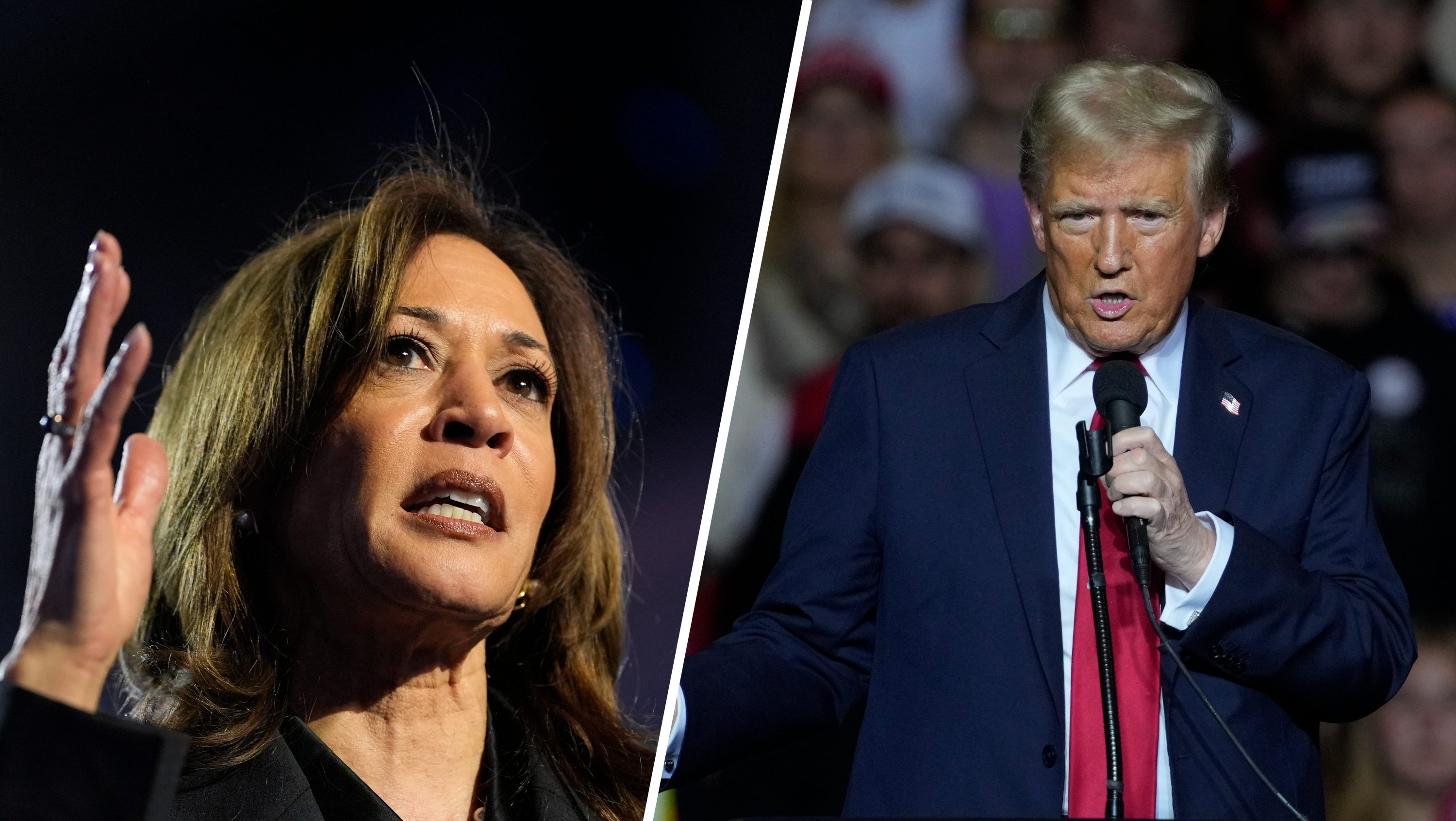
A senator who incorrectly used a popular Instagram slang term is sparking a discourse about the generational disconnect caused by social media.
Sen. Richard Blumenthal, a Democrat from Connecticut, asked a Facebook executive during a Senate Commerce subcommittee meeting on Thursday if the company would “commit to ending finsta.”
WATCH ANYTIME FOR FREE
Stream NBC10 Boston news for free, 24/7, wherever you are. |
Here’s a look at the significance of the phrase and why the blunder is erupting online:
What is a finsta?
Get updates on what's happening in Boston to your inbox. Sign up for our News Headlines newsletter.
“Finsta” is a slang term used to refer to a “fake Instagram.” The expression is popular among Gen Z and millennials to denote the private Instagram account meant just for close friends. The idea has been popularized in the last five years as a more casual way to connect with friends besides using a “rinsta.”
What is the difference between a finsta and rinsta?
Like “finsta,” “rinsta” is a shortened phrase signifying a type of Instagram account. “Rinsta,” though, means “real Instagram.” This is the account teens use to follow people who may not be privy to casual content, such as classmates, colleagues and extended family. The “rinsta” is a much more polished and refined version of a “finsta,” and usually has a significantly higher following count than the “finsta.”
U.S. & World
Why are finstas being discussed in the Senate?
On Thursday, the Senate held a hearing with Facebook executives to discuss the harms of its platforms on teens. This comes after a report from The Wall Street Journal detailed studies from Facebook on how the app is harming its young users. One report said 13% of British users and 6% of American users traced suicidal thoughts to Instagram. The information comes from a whistleblower who formerly worked at Facebook.
Did Sen. Blumenthal misunderstand the term?
Despite the senator’s incorrect “finsta” use that is making waves online, Sen. Blumenthal did accurately describe the phrase earlier in the hearing. He raised concern over teens creating second accounts without the knowledge of their parents.



